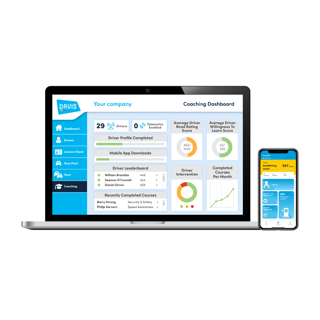The Association of Fleet Professionals (AFP) has launched a new electric vehicle (EV) charter and accompanying training course.
It commits the organisation to fast-tracking the adoption of EVs in the UK, supporting members through electrification with a helpline and administrative assistance, providing best practice documents and education, and lobbying government on the conditions needed to reach the 2030 cessation of the sale of petrol and diesel cars.
Paul Hollick (pictured), AFP chair, said: “We believe that 2021 will be the year of fleet electrification and, as the fleet industry’s leading professional body, we fully intend to play our part.
“There has been a lot of work going at the AFP in recent months to produce the charter, the new course, and the new documents – especially from our electric vehicle committee – and these developments should be of considerable practical assistance to fleet managers beginning to transition to EVs in real world conditions.
“We are placing a great deal of emphasis on the outstanding EV expertise that exists within the AFP and believe that it will attract more fleet managers to join the organisation over the next few months.”
The EV Fleet Manager Training Course lasts one day and will be held for the first time online on March 16, 2021. It covers topics including evaluating your current fleet and assessing the potential to electrify, analysing the cost and carbon benefits of transitioning to electric, developing the infrastructure to support electrification, and how to measure ongoing progress.
The cost will be £349 for AFP members and £449 for non-members, and it will be repeated regularly based on demand.
Additionally, the AFP has launched three core best practice documents for fleets looking to switch to EVs. The first is aimed at employees and is called Myth Busters, designed to explain the benefits of driving an electric car. It is accompanied by EV Policy Deployment Hints and Tips, and EV Policy Wording and Guidance, the latter intended for insertion into individual fleet organisational policies.



















Login to comment
Comments
No comments have been made yet.